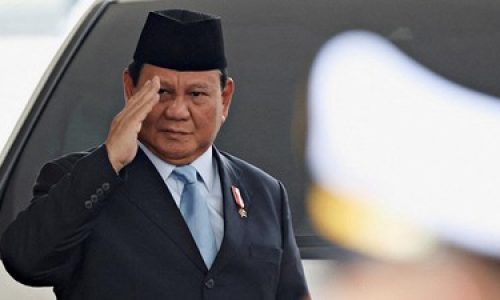Recent increases in entertainment taxes ranging from 40% to 75% have sparked criticism from various quarters, including renowned dangdut singer Inul Daratista, prominent lawyer Hotman Paris, and spa business owners.
The tax hikes are outlined in Law Number 1 of 2022 on Financial Relations between the Central Government and Regional Governments (HKPD). According to the regulation, Specific Goods and Services Tax (PBJT) for specific entertainment services such as discos, karaoke, nightclubs, bars, and spas is subject to a tax rate ranging from 40% to 75%, set by each regional government.
In response to the concerns raised, Sandiaga Uno, the Minister of Tourism and Creative Economy, stated that his office has received many inputs from the public regarding the issue. He is considering providing incentives to business owners to alleviate their burden.
“This is part of fiscal decentralization, but what is felt by the actors, let alone [a tax of] 40 percent, even a slight increase is burdensome. This is what we need to accommodate for discussion ‒ how much is the cost for these entertainment services, as they also have burdensome costs,” said Sandiaga.
Sandiaga highlighted the burdensome costs faced by entrepreneurs, such as security costs, licensing fees, and others. Considering these various cost burdens, he believes it is necessary to provide incentives or regulations to lighten the load.
Additionally, unofficial levies often imposed on business owners should be eliminated to ensure business continuity and prevent potential layoffs.
“So there is no potential for layoffs, let alone layoffs. We don’t want layoffs to happen. The negative impact during the pandemic was extraordinary, so this is our new rise. Let’s maintain a conducive situation and a positive business climate to strengthen the creative economy,” added Sandiaga.
Earlier reports noted that Inul Daratista expressed concern about the entertainment tax hike, which could impact her business that currently employs 5,000 people.
Hotman Paris, a renowned lawyer and owner of the entertainment business Atlas Beach Club in Bali, also protested against the world’s highest tax policy. He argued that such taxes could lead to an increase in layoffs in the tourism sector.
Hotman compared Indonesia to Thailand, which reduced entertainment taxes to 5 percent, resulting in a continuous increase in Thai tourists. He expressed concern that Bali, just recovering from the pandemic, has to face high taxes.









